US Environmental Protection Agency
Epa: Matching Game: How Much Water [Pdf]
Match amounts of water to the correct everyday water usage item. Students and teachers will be amazed at the amount of water we use.
Science Buddies
Science Buddies:from Your John to the School Lawn:is Recycled Water Really Safe?
Find out whether reclaimed water is really safe by following the guidelines of the Science Buddies project.
Science Education Resource Center at Carleton College
Serc: Epa Water Science and Technology for Students and Educators
Discover water science lesson plans, games, and other resources as well as links to EPA's online training academies.
TeachEngineering
Teach Engineering: Solar Water: Heat It Up!
Students explore energy efficiency, focusing on renewable energy, by designing and building flat-plate solar water heaters. They apply their understanding of the three forms of heat transfer (conduction, convection and radiation), as...
US Environmental Protection Agency
Epa: Conservation
Official site with information and resources relating to all aspects of environmental conservation: data, maps and laws. Specific environmental information by zip code provides immediate relevance to your world.
State Energy Conservation Office-Texas
State Energy Conservation Office: Solar Water Heaters [Pdf]
Explains the types of solar water heaters a home can have. These include a passive system, an active system, and a solar collector, as well as the need for a storage tank. It also gives tips on how to get the best use from a solar water...
Other
Seafriends Marine Conservation and Education Centre: Oceanography: Waves
A very detailed article on the characteristics of waves and wave behavior. It discusses the influence waves have on the marine environment and the global climate, the physics of wave motion, the interactions between waves and wind, wave...
TeachEngineering
Teach Engineering: Energy Efficiency
Students measure energy outputs and inputs to determine the efficiency of conversions and simple systems. One associated activitiy includes Lego motors and accomplishing work. The other investigates energy for heating water. Students...
Other
Nevada Department of Conservation & Natural Resources
This site contains information on many of the issues the State of Nevada is dealing with today: Environmental Protection, Forestry, Natural Heritage, State Lands, State Parks, Water Resources, Wildlife, Wild Horses, and more.
National Geographic
National Geographic: Programs: Chesapeake Bay Water Quality Project
A project-based collaborative unit of study that teaches students about watershed health using real-time geospatial technology. Students engage in outdoor field experiences while using twenty-first century learning skills.
Nature Conservancy
The Nature Conservancy: Gardens Activity Guide: Water
In this guide helps young scholars understand their garden as a model watershed through the collection and analysis of rainwater filtration data.[4.06]
TeachEngineering
Teach Engineering: Efficiency of a Water Heating System
Students use a watt meter to measure energy input into a hot plate or hot pot used to heat water. The theoretical amount of energy required to raise the water by the measure temperature change is calculated and compared to the electrical...
Texas A&M University
Texas A&m University: Mulches for Water Conservation
The quality of the food we eat and the water we drink depends upon the quality of our topsoil. By putting a mulch cover on our topsoil, we help to protect this quality. Find out exactly what mulch is, what it can do, and how to properly...
BBC
Bbc Newsround: Week of 5 5 14: Team Design Water Bottle You Can Eat
Learn about the recent invention of edible water bottles.
US Environmental Protection Agency
Epa: Where Does Your Water Come From? [Pdf]
Where does your drinking water come from? This resource features a clear and concise explanation for this question. This resource will be beneficial to students and teachers.
The Newberry Library
Newberry: Environmental History: Map 9: Conservation, Yosemite Ntl. Park, 1935
Lessons for students K-12 in which they study original map of Yosemite National Park, ca. 1935 and explore appropriate human uses of the environment.
Other popular searches
- Water Conservation
- Water Conservation Activity
- Soil and Water Conservation
- Water Conservation Grade 5 6
- Water Conservation Florida
- Water Conservation Brochure
- Water Conservation Essays
- Water Conservation Programs
- Drought, Water Conservation
- Water Conservation Graphing
- Drought Water Conservation
- Water Cycle Conservation


![Epa: Matching Game: How Much Water [Pdf] Interactive Epa: Matching Game: How Much Water [Pdf] Interactive](https://content.lessonplanet.com/knovation/original/41158-d0ddd604f3e2add5f79213aa5df26150.jpg?1661270408)

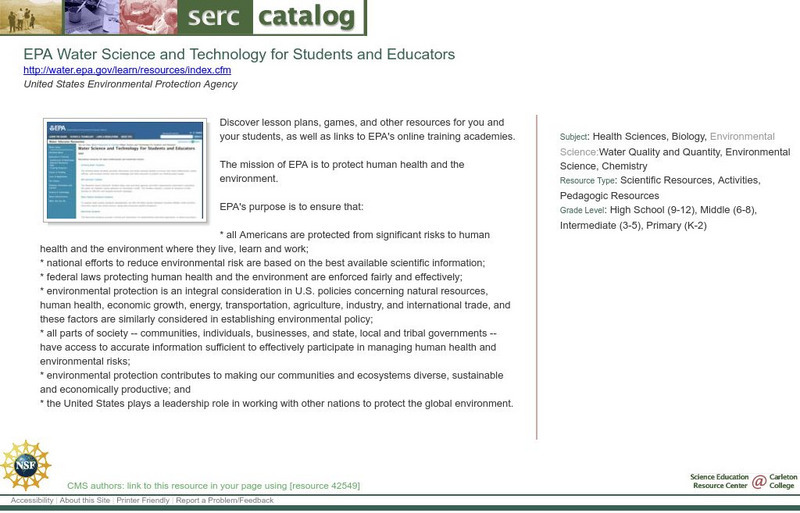


![State Energy Conservation Office: Solar Water Heaters [Pdf] Handout State Energy Conservation Office: Solar Water Heaters [Pdf] Handout](https://d15y2dacu3jp90.cloudfront.net/images/attachment_defaults/resource/large/FPO-knovation.png)
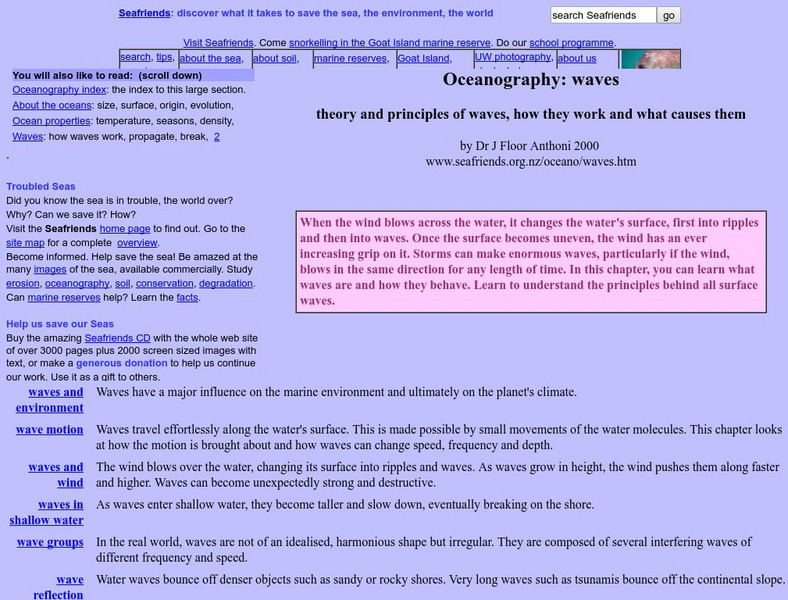
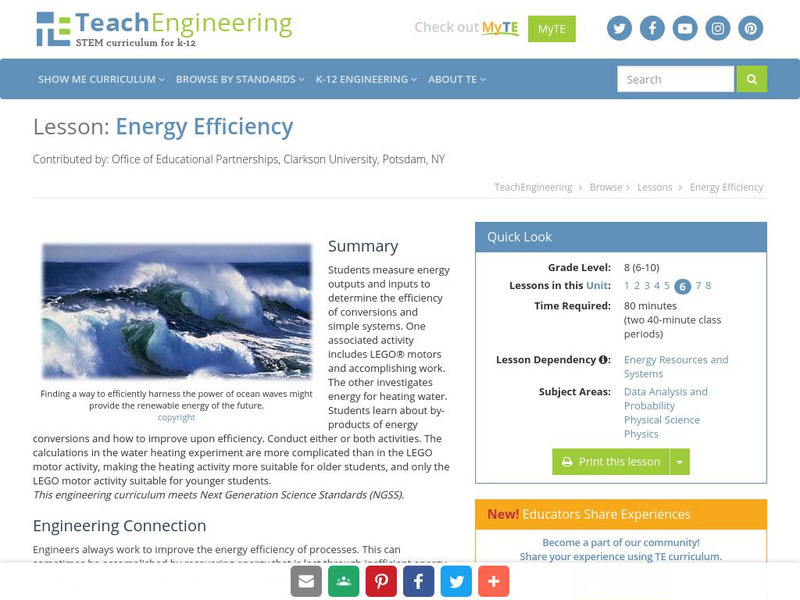

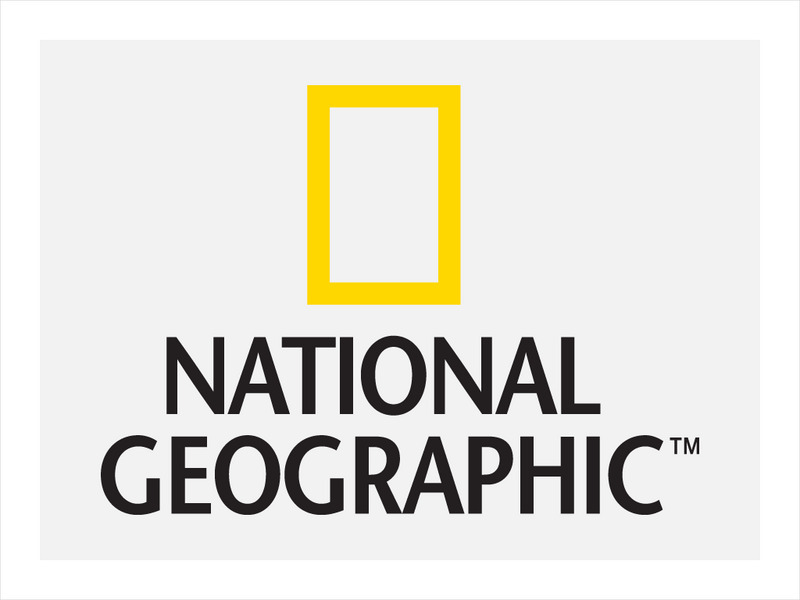

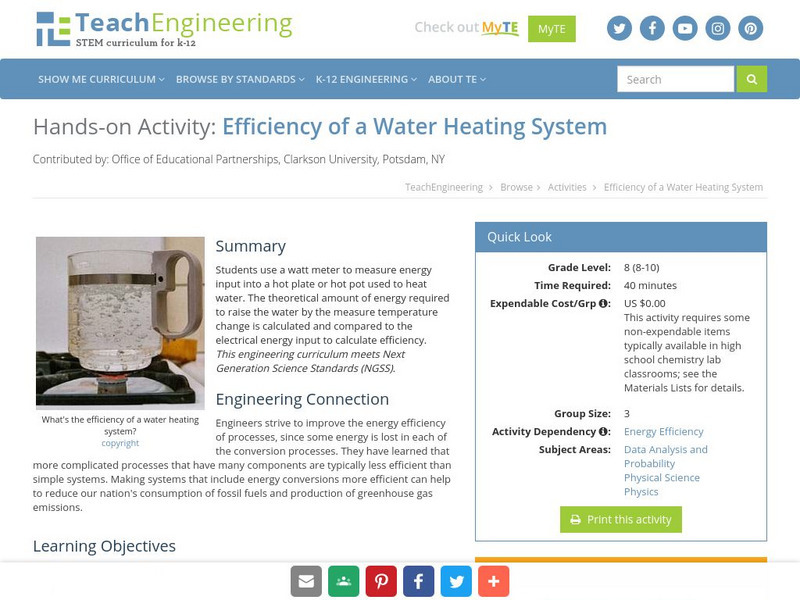
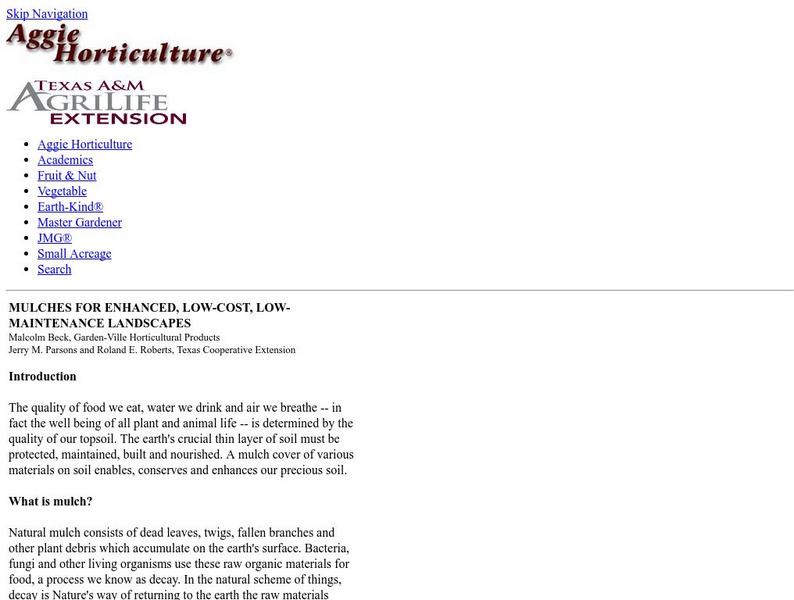

![Epa: Where Does Your Water Come From? [Pdf] Lesson Plan Epa: Where Does Your Water Come From? [Pdf] Lesson Plan](https://content.lessonplanet.com/knovation/original/41160-83ff7c05b0f0460206fa551d2700d8dc.jpg?1661270414)
